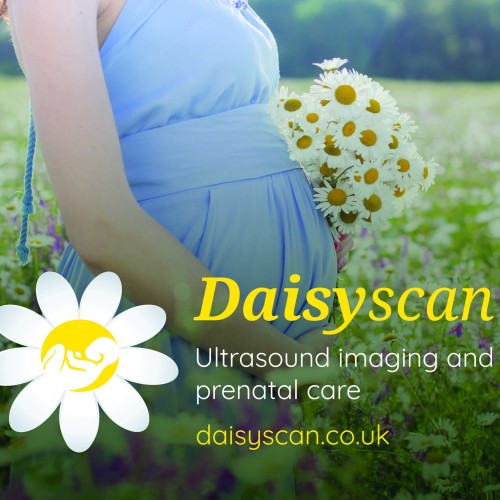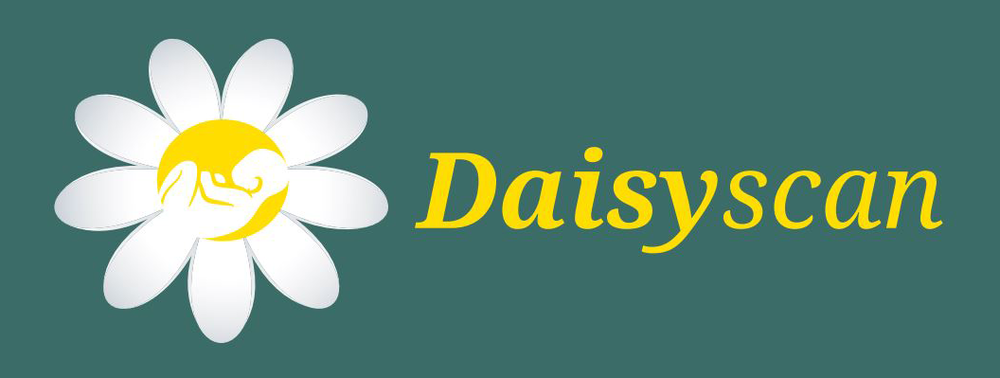
posted 21st October 2024
Am I pregnant?
While it might be tempting to test right away, it’s best to wait until the first day of your missed period. This is typically about two weeks after conception. Mark your calendar and try to be patient during this time. If waiting feels difficult, some tests are more sensitive and may detect pregnancy earlier, around four or five days before your period is due. However, for the most accurate result and to avoid unnecessary worry, it’s still recommended to wait until the first day of your missed period.
Are home pregnancy tests reliable?
Yes, home pregnancy tests are about 97% accurate when used correctly. However, testing too early may result in a false negative or, in some cases, a false positive. If you test early and get a negative result but still feel pregnancy symptoms, it’s a good idea to test again a week later.
Should I see my doctor for a pregnancy test?
While you can certainly have a pregnancy test done at your GP or pharmacy, many people prefer to use a home test for the convenience and privacy of finding out in their own space. Pregnancy tests are simple to use—either by holding the test in your urine stream or dipping it into a collected sample.
How do pregnancy tests work?
Pregnancy tests detect the hormone human chorionic gonadotropin (HCG), which appears in your blood and urine about 10 days after conception. A positive test result typically indicates that you are pregnant.
How will I know when I conceived?
If your test is positive on the first day of your missed period, you likely conceived about two weeks prior. Some tests can even estimate the time of conception based on HCG levels.
Can I be pregnant and still have a period?
It’s possible to experience light bleeding or spotting early in pregnancy, often during the time the fertilized egg implants. This bleeding might be mistaken for a period, but it tends to be lighter in colour, texture, and amount.
I’m trying to conceive—what can I do?
It’s recommended that you take folic acid supplements (400 micrograms daily) when trying to conceive. Even if you’re eating foods rich in folic acid, supplements help reduce the risk of certain birth defects like spina bifida.
Could feeling exhausted be a sign of pregnancy?
Yes, feeling more tired than usual is a common early symptom of pregnancy. If you’re suddenly more fatigued, it may be worth taking a test.
What about nausea?
Nausea and vomiting are typical early pregnancy symptoms, often referred to as "morning sickness."; however, it can happen at any time of day. The good news is that this usually becomes milder in the second trimester.
Could changes in taste and smell be a sign of pregnancy?
Yes, many women notice changes in their senses of taste and smell during early pregnancy. Some describe a metallic taste in their mouth, while others develop strong aversions to certain foods or become more sensitive to smells.
What about sore breasts?
Breast tenderness is another common early pregnancy symptom due to hormonal changes. Your breasts may feel swollen, sore, or sensitive, but this discomfort usually eases as the pregnancy progresses.
Am I pregnant if I need to urinate more often?
Frequent trips to the bathroom can be an early pregnancy sign. During pregnancy, your body produces more blood, leading to an increase in kidney activity and more fluid in your bladder.


